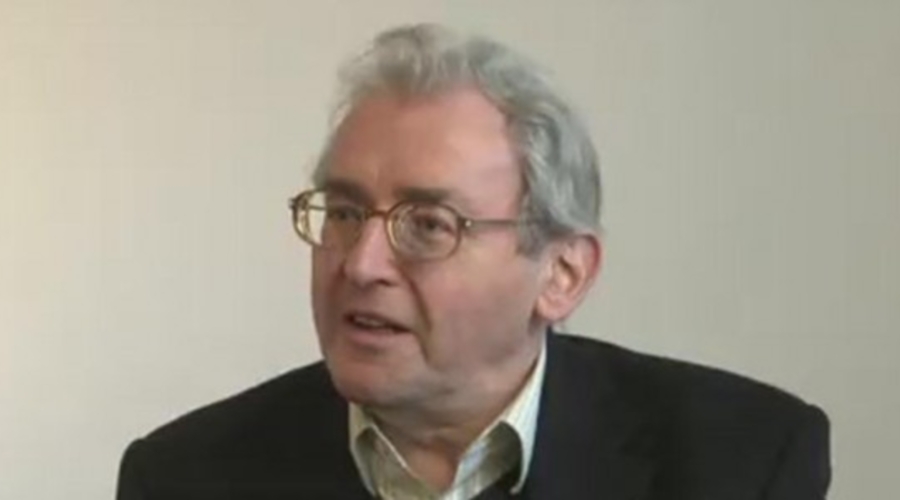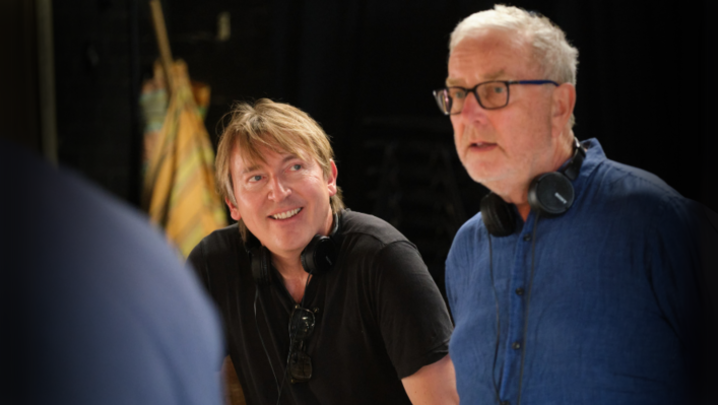Ray Fitzwalter, who died on 4 April, aged 72, was one of the most important investigative television journalists of his generation.
At Granada Television, the passionate Fitzwalter was part of a group of talented programme-makers who ensured that ITV was in the vanguard of broadcasting influential and popular current-affairs shows.
As editor of the trail-blazing ITV flagship, World in Action, Fitzwalter was a constant thorn in the side of corrupt businessmen and politicians. The peak-time show (initially shown on Monday nights) was launched in 1963.
In common with many TV journalists of his era, Fitzwalter joined Granada straight from newspapers. A working-class Northerner and proud of it, Fitzwalter was born in Bury, Lancashire, the son of a factory worker and a seamstress. He passed the 11-plus early, aged just nine.
After attending the local grammar school and reading economics at the London School of Economics, Fitzwalter joined the Bradford Telegraph & Argus. There, he quickly developed his flair for rooting out rot in high places and proved that he was a journalist of rare integrity.
In 1969, Fitzwalter was voted Young Journalist of the Year by IPC for his investigative reporting. One of his scoops was exposing a crooked Bradford estate agent. The man was also the paper’s biggest advertiser.
At the Argus, he wrote his first articles on what became known as the Poulson affair, focusing on corrupt property developer John Poulson and his associates.
Fitzwalter joined Granada in 1970. There, under the guidance of Controller of Programmes David Plowright, Fitzwalter attracted controversy for his film exposing Poulson and his cronies, The Friends and Influence of John L Poulson.
The Independent Broadcasting Authority (IBA), the regulator empowered to approve all ITV programmes in advance of transmission, banned the show. It was later revealed that four members of the IBA board were linked to people mentioned in the film.
ITV responded to the IBA ban by showing a blank screen instead of the scheduled programme. Eventually, a revised version of the show was broadcast, entitled The Rise and Fall of John Poulson. Shortly afterwards, Poulson was arrested and subsequently sentenced to seven years in prison.
In 1976, Fitzwalter became Editor of World in Action, a post he held for 11 years. As John Birt, the ex-Granada man who became BBC Director-General, wrote in his autobiography, The Harder Path, “The doughty, puritan, plain-speaking Ray Fitzwalter would prove a brilliant upholder of the World in Action flame.”
On his watch, the programme won 35 national and international prizes, including three awards from the Royal Television Society.
Fitzwalter’s populist touch led him to make a World in Action programme in 1984 that challenged Matthew Parris, at the time a Conservative MP, to live on unemployment benefit of £26.80 a week. Parris found the experience humiliating.
Four years later, Fitzwalter turned his attention to the BBC in a World in Action film entitled The Taming of the BBC, criticising Prime Minister Margaret Thatcher’s direct influence on appointing BBC governors sympathetic to her worldview.
Thatcher reportedly regarded Fitzwalter and his team as “just a lot of Trotskyites”.
In 1987, he became Granada’s Head of Current Affairs. Among the programmes he commissioned was a series of pioneering drama documentaries on the 1974 Birmingham pub bombings. These helped to expose one of the biggest miscarriages of justice in British legal history.
By the early 1990s, Fitzwalter inevitably found himself at odds with the new cost-cutting Granada regime led by Gerry Robinson and Charles Allen. He resigned and became an independent producer.
In 2008, Fitzwalter published the acclaimed, The Dream That Died: The Rise & Fall of ITV. Not everyone agreed with its thesis that ITV had abandoned its public-service roots, but no one could doubt the passion that informed the book.
Fitzwalter was made a Fellow of the RTS in 1993. He is survived by his wife, Luise, his children, two granddaughters and four grandsons.
Ray Fitzwalter, investigative journalist, born 21 February 1944; died 4 April 2016









